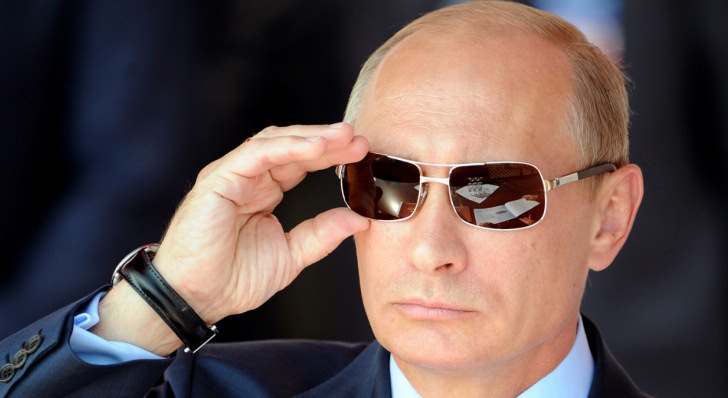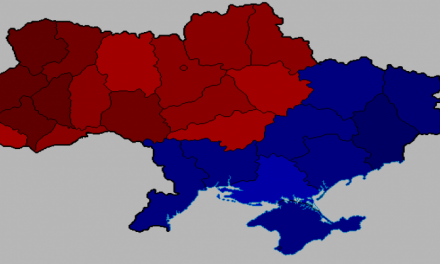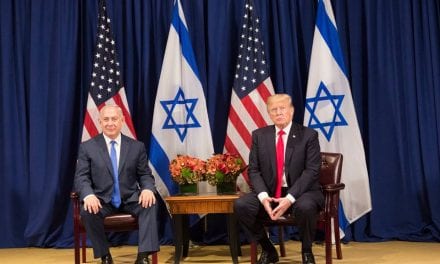Russia could be hit with increased inflation, while food prices are expected to rise, for some products even by 8-10%.
Following Vladimir Putin’s order on Tuesday and Prime Minister Dmitry Medvedev’s decree released on Wednesday, the Russian government has banned all imports of meat, fish, milk and milk products and fruit and vegetables from the United States, the European Union, Australia, Canada and Norway. This was announced Thursday 7 August, with immediate effect. The ban is being introduced for one year.
Medvedev also said on Thursday that Russia is still considering banning Western carriers from flying over Russia on flights to and from Asia — a move that would significantly swell costs and increase flight time. He said the decision on that hasn't been made yet.
Russia may introduce restrictions regarding imports of planes, navy vessels and cars, Medvedev said, but added that the government will realistically assess its own production potential.
Russia depends heavily on imported foodstuffs — most of it from the West — particularly in the largest and most prosperous cities such as Moscow. Food and agricultural imports from the U.S. amounted to $1.3 billion last year, according to the U.S. Department of Agriculture, and in 2013 the EU's agricultural exports to Russia totaled 11.8 billion euros ($15.8 billion).
That is why Sergey Dankvert, chief of the Russian Sanitary Authority (Roselhoznadzor), announced that Moscow has already contacted Turkey for supplementing the necessary quantities of fruit and vegetables to compensate for the ban on Western food products.
The White House says Russia's ban on food imports from the United States and the EU will only deepen Russia's isolation from the international community and would increase inflation in Russia. Prices are expected to rise, for some products even by 8-10%.
As the EU’s third largest trading partner, Russia is one of the biggest importers of fruit and vegetables grown by member states. In 2013, it imported around €2 billion worth of fruit and vegetables.
In terms of overall trade, last year the EU exported some €120 billion in goods and another €28 billion in services to Russia.
Agricultural products accounted for around €12 billion of the EU exports, according to the European Commission.
In contrast to this, the US is only exporting food and agricultural products to Russia worth some 1.5 billion dollars per year, that is the same amount of exports to the tiny Dominican Republic.
With 10% of its food stuffs sold annually to Russia, Europe will be hit more severely, some countries more than others. The most affected will be Germany, Poland and the Netherlands, but even countries like Denmark and Belgium will have to quickly find other markets for important quantities of unsold fruit and vegetables.
Denmark will be seriously hit. According to an Itar-Tass evaluation, confirmed by data published by the Danish press agency Ritzau, Denmark’s exports to Russia amounting to 1,5 billion euros per year, more then the US. This represents 1.9% of the total annual Danish exports.
Even Belgium could lose 500 million from unsold apples and pears, which is what local producers sold last year on the Russian market. Some local producers played with the idea of asking the EU Commission for compensation, but this was dropped, after consultation with experts.The feeling of injustice is enhanced by the fact that this is a record year in terms of fruit production.
Poland was already targeted last month when Moscow announced it would no longer import Polish apples, pears, cherries, nectarines, plums, and varieties of cabbage. The Russian government cited health and sanitary reasons.
The European Commission says the EU stands to lose €40 billion this year alone from the stage three sanctions and that the amount is set to increase to €50 billion next year.
In Brussels, the European Commission spokesman said that |the European Union regrets the announcement by the Russian Federation of measures which will target imports of food and agricultural products. This announcement is clearly politically motivated. The Commission will assess the measures in question as soon as we have more information as to their full content and extent. We underline that the European Union's restrictive measures are directly linked with the illegal annexation of Crimea and destabilisation of Ukraine. The European Union remains committed to de-escalating the situation in Ukraine. All should join in this effort. Following full assessment by the Commission of the Russian Federation's measures, we reserve the right to take action as appropriate".



















